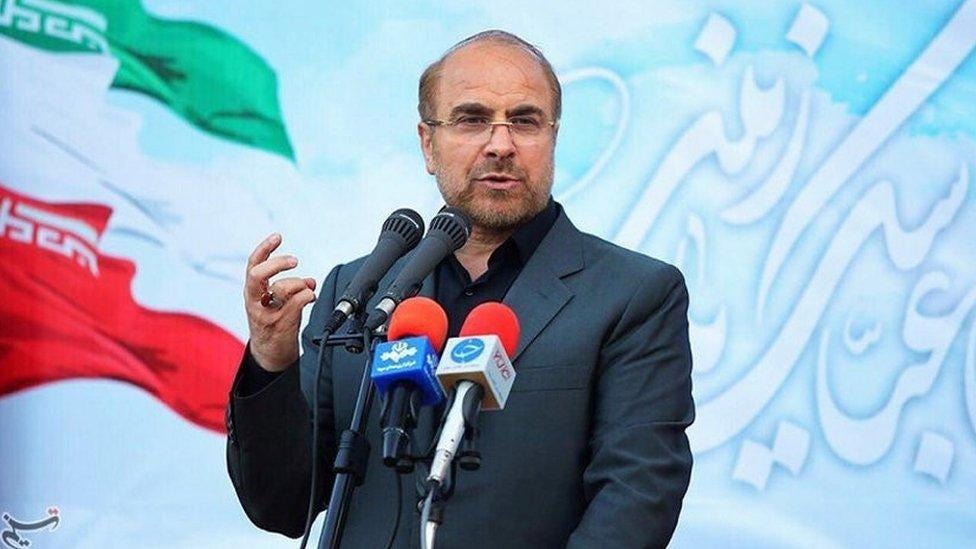Qalibaf: Termination of UNSCR 2231 a Diplomatic Victory for Iran and the Resistance
Iran’s Parliament Speaker hails the end of Western-imposed UNSCR 2231 limits as a major diplomatic triumph born from Iran’s steadfast resistance and strategic alliances with global partners.
Iran, PUREWILAYAH.COM - Iranian Parliament Speaker Mohammad Baqer Qalibaf praised what he described as one of the most significant diplomatic and legal victories for the Islamic Republic, following the termination of UN Security Council Resolution 2231 and the end of all related restrictions.
During a parliamentary session on Sunday, Qalibaf said that the achievement was the result of the Iranian people’s long resistance and progress despite years of Western sanctions and pressure.
He added that the support of Russia, China, and more than 120 Non-Aligned Movement countries confirmed Iran’s rightful stance and rejected the Western attempt to misuse the UN “snapback” mechanism.
Strategic Unity with Russia and China
The speaker referred to the joint letter by the foreign ministers of Iran, Russia, and China addressed to the UN secretary-general and the president of the Security Council, describing it as a symbol of strategic unity among the three powers.
In that letter, the three governments explicitly stated that the European trio’s attempt—Britain, France, and Germany—to activate the snapback mechanism “has no legal validity.”
Qalibaf said this unity demonstrated a new international balance built on cooperation among independent states that reject Western coercion.
Resolution 2231 Has Expired
Qalibaf explained that, according to Paragraph 8 of Resolution 2231, all restrictions and obligations imposed on Iran under that resolution have now expired.
He noted that earlier resolutions have been canceled, and that with official recognition of Iran’s enrichment rights, the country’s nuclear case has been removed from the UN Security Council’s agenda.
The speaker pointed to a joint letter from the permanent representatives of Iran, Russia, and China to the International Atomic Energy Agency (IAEA) in Vienna.
The three countries affirmed that any attempt to trigger the snapback mechanism is illegal, and that with the expiration of Resolution 2231, the IAEA director-general’s mandate to verify and monitor Iran’s nuclear activities under the JCPOA has ended.
Qalibaf stressed that the Agency must act in accordance with the Board of Governors’ resolution of December 2015 and avoid following unilateral Western interpretations.
A Legal and Diplomatic Turning Point
According to Qalibaf, the two joint letters—the one to the UN and the one to the IAEA—represent both a legal victory for Iran and clear evidence of changing global power dynamics.
He said that the international community is now divided over the implementation of UN resolutions, showing that Western hegemony is in decline and that a new, fairer order is emerging.
A New International Order Based on Resistance
Concluding his address, Qalibaf said that the termination of UNSCR 2231 marks the beginning of a new era in global relations—one defined by the resistance of independent nations and the solidarity among states such as Iran, Russia, China, and the members of the Non-Aligned Movement.
He emphasized that these countries have legally blocked the misuse of international organizations by the United States and a handful of European powers that have long tried to impose their will through threats and coercive diplomacy.
Qalibaf affirmed that this development proves the effectiveness of Iran’s diplomacy of resistance, rooted in perseverance, legality, and strategic partnership, adding that the new multipolar world no longer accepts the dominance of any single power. (PW)


